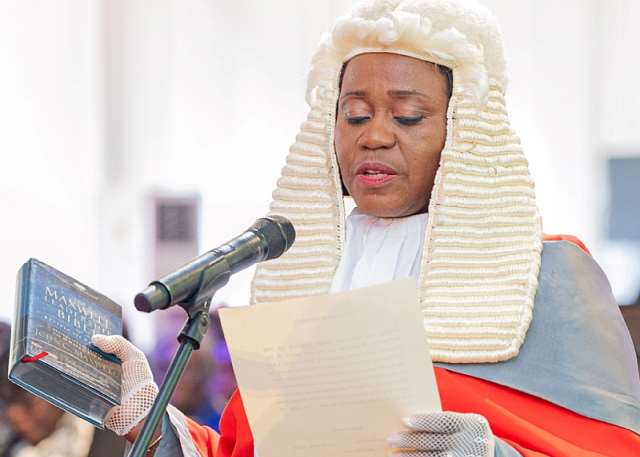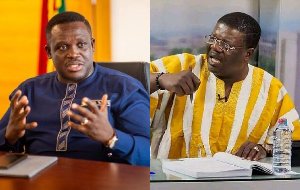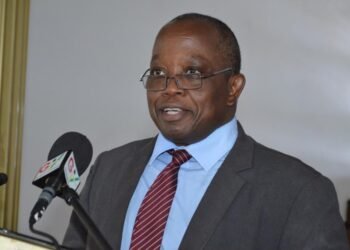The suspended Chief Justice of Ghana, Her Ladyship Justice Gertrude Araba Esaaba Sackey Torkornoo, has taken her legal challenge against the government a step further by filing a case at the ECOWAS Community Court of Justice in Abuja, Nigeria.
The case accuses the Republic of Ghana of violating her fundamental human rights through what she considers an unconstitutional and premature suspension from office.
This development was confirmed by Dr. Justice Srem Sai, Deputy Attorney-General and Minister for Justice, who disclosed that the Chief Justice is raising the same concerns already before Ghana’s Supreme Court and High Court.
“Her Ladyship argues that by her suspension, she has effectively been removed from her official capacity without a final determination, impairing her right to function and serve in a position she was constitutionally appointed to.”
Dr. Justice Srem Sai, Deputy Attorney-General and Minister for Justice
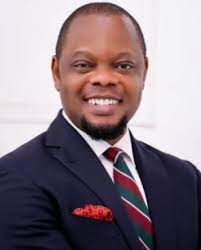
Legal Twists
The decision to suspend the Chief Justice has sparked an ongoing national conversation and led to a string of lawsuits challenging the process.
These include Justice Gertrude Araba Esaaba Torkornoo v The Attorney-General & 5 Others (Suit No. J8/113/2025), and Centre for Citizenship Constitutional Electoral Systems LBG (CenCes) v The Attorney-General & 2 Others (Suit No. J1/20/2025),
Others include Vincent Ekow Assafuah v The Attorney-General (Suit No. J1/18/2025), Ebenezer Osei-Owusu v The Attorney-General (Suit No. J1/19/2025), and Theodore Kofi Atta-Quartey v Attorney-General (Suit No. J8/109/2025).
In a public address following her suspension, Justice Torkornoo openly questioned the legal and constitutional validity of the process aimed at removing her from office.
She insisted that the proceedings being pursued by the executive branch not only threaten her rights as an individual but also erode the independence of the judiciary and the foundational tenets of Ghana’s democracy.
“The process, though targeting me individually, carries far-reaching consequences for the judiciary and the broader governance framework of Ghana,” she warned, adding that she remains resolute in challenging any actions that compromise the rule of law.

The Chief Justice further indicated that the manner in which the removal process is being pursued sidesteps established judicial procedures, suggesting that it represents a troubling precedent for the autonomy of the judicial arm of government.
Government’s Defense
Meanwhile, the government maintain that the President’s actions were entirely within the framework of the 1992 Constitution and necessary given the seriousness of the allegations brought against the Chief Justice.
The escalating legal standoff follows President John Dramani Mahama’s decision on April 22, 2025, to suspend Justice Torkornoo after determining that a prima facie case had been established against her in connection with three separate petitions.
The announcement, made by Minister for Government Communications and Presidential Spokesperson Hon. Felix Kwakye Ofosu, stated that the move came after mandatory consultations with the Council of State and was in line with Articles 146(6) and 146(10) of the 1992 Constitution.
In accordance with the constitutional procedure for such cases, a five-member committee was established to investigate the allegations.
The committee is chaired by respected Supreme Court Justice Gabriel Scott Pwamang. Other members include fellow Supreme Court Justice Samuel Kwame Adibu-Asiedu, the former Auditor-General Daniel Yaw Domelevo, Associate Professor James Sefah Dzisah of the University of Ghana, and Major Flora Bazwaanura Dalugo of the Ghana Armed Forces.
The suspended Chief Justice’s latest petition to the ECOWAS Court thus reflects both a legal and symbolic attempt to defend the office of the Chief Justice against what she views as political overreach.
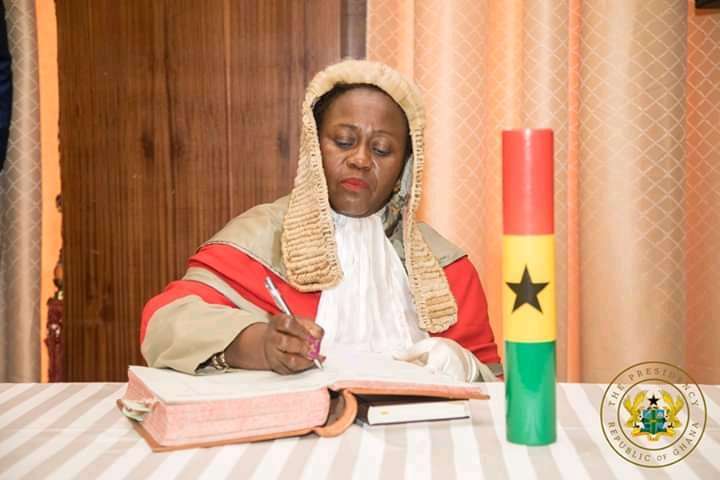
The ECOWAS Court, which has previously ruled on human rights violations in member countries, may now be required to determine whether a sitting Chief Justice, under suspension and pending domestic legal outcomes, can claim a breach of her rights at the regional level
The outcome of the domestic legal challenges, as well as the ECOWAS proceedings, could therefore have significant implications for the constitutional balance of power and the future relationship between the executive and judiciary in Ghana.
READ ALSO: President Mahama Launches Goldbod Task Force to Combat Gold Smuggling

